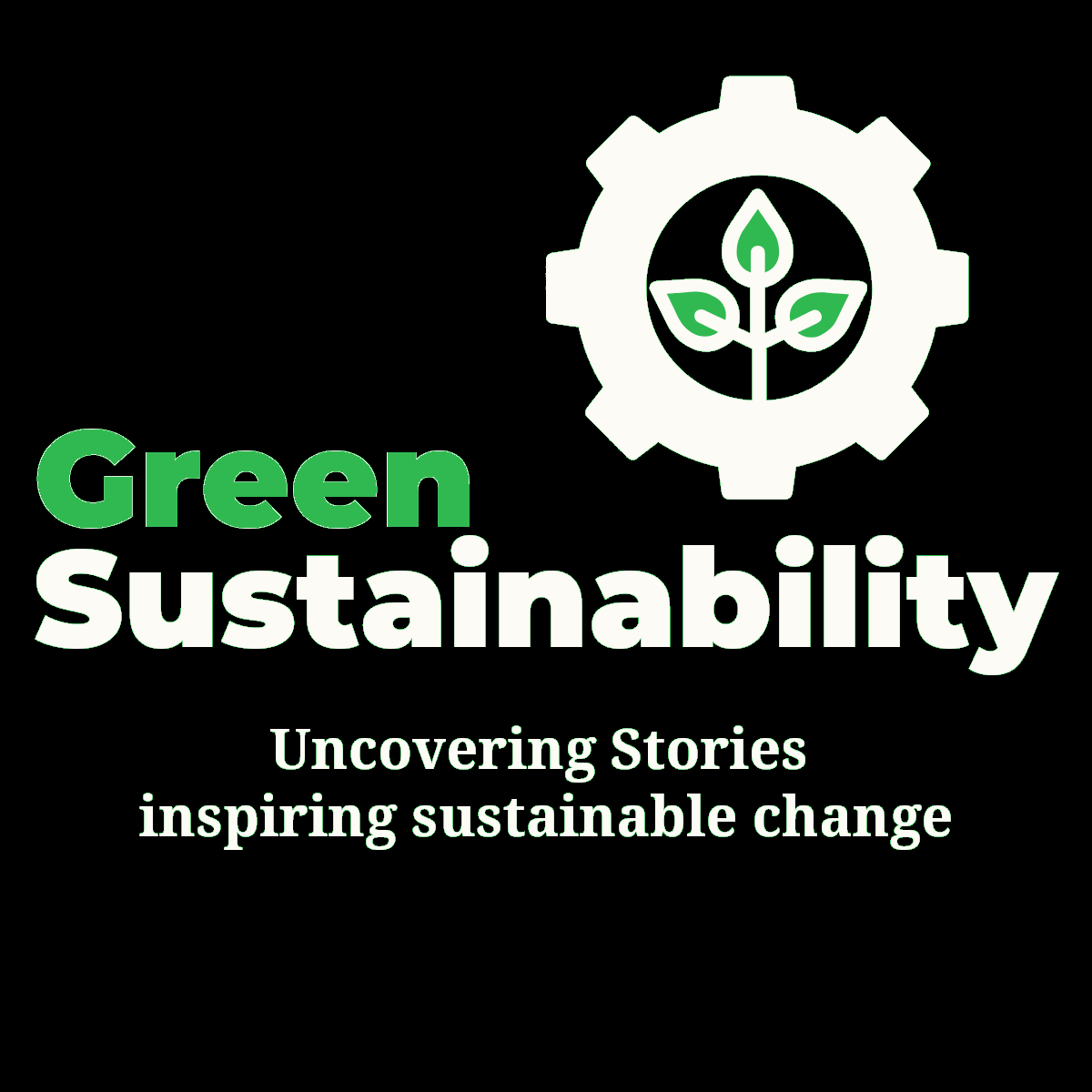

Every natural ecosystem works in balance. An ecosystem is a community made up of all the living things in an area and the way they affect each other and the environment. If you remove or damage any part of the ecosystem, it has a ‘knock on’ effect on all other parts of the system.
Damage to habitats, such as that caused by deforestation, can have a disastrous effect, not only on the many species which live in that habitat, but also on the planet as a whole. Living trees help prevent climate change by removing carbon dioxide (CO2) from the atmosphere and locking it away it their wood, leaves and in the soil. Burning forests releases carbon, and removing trees increases the amount of CO2 left in the atmosphere, leading to global warming.

Trees and plants are also important for preventing the erosion of coastlines and for protecting against flooding, because their root systems hold the soil in place and they absorb excess water.
When an animal becomes endangered or extinct, this has effects on the plants and other animals in its ecosystem, due to a resulting change in the food chain. A carnivorous predator that hunts certain other animals might be necessary to prevent those animals from becoming too numerous and eating all the plants in one area. Even a tiny insect is a vital part of its ecosystem. Without bees and other pollinating insects, many plants that we rely on would not be able to reproduce, including those that we grow for food.
Conservation of our fuels and other minerals is also of vital importance to our environment. Many of these resources are non renewable, meaning that they will one day run out leaving none available for future generations. Fossil fuels, such as oil, coal and gas also release harmful gases when burned, leading to global warning and climate change. Mining for minerals also causes further damage to habitats.
Photo: David Gilbert
Our Supporters



.png)




















.png)















































_(1).original.avif)



